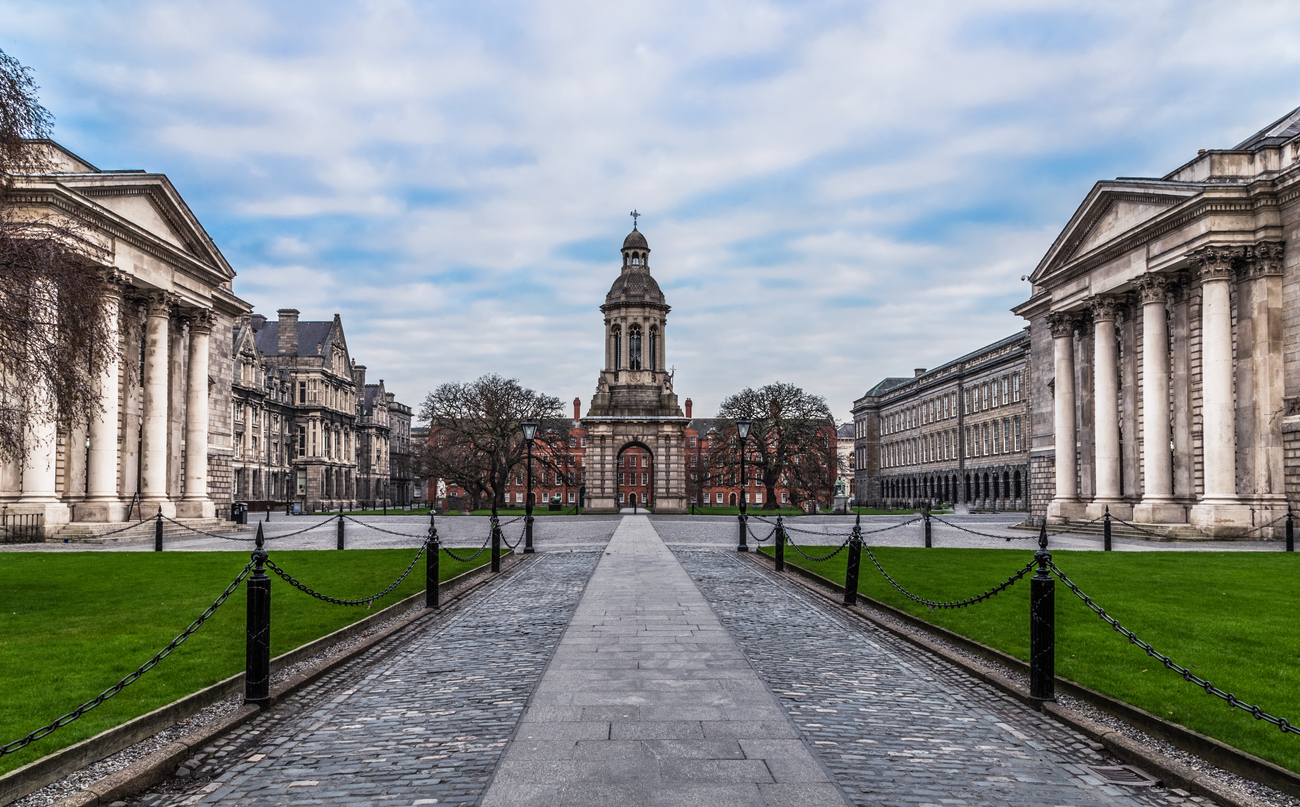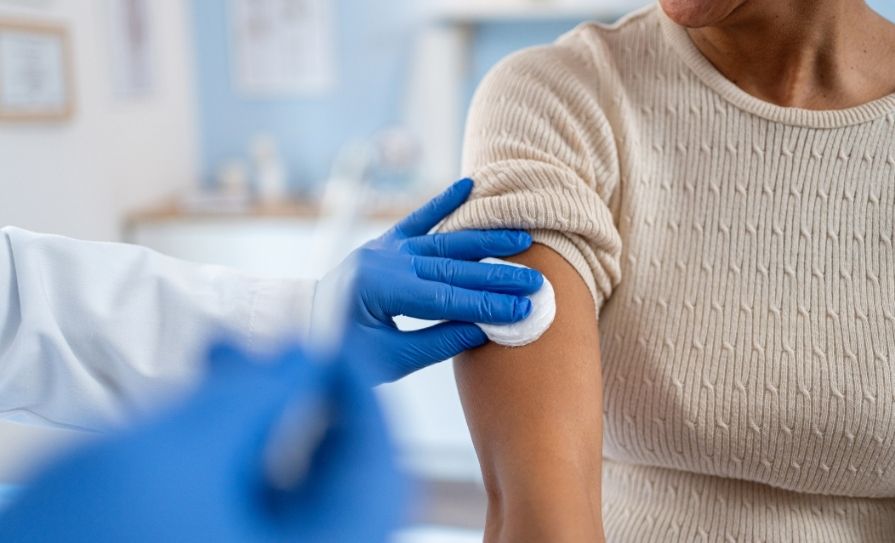Scientists from Trinity College Dublin have unearthed a secret that may explain why some people are able to resist viral infections, having screened the immune systems of women exposed to hepatitis C (HCV) through contaminated anti-D transfusions given over 40 years ago in Ireland.
The work, just published recently in leading journal Cell Reports Medicine, has wide-ranging implications from improving the fundamental understanding of viral resistance to the potential design of therapies to treat infected people.
Between 1977-79 in Ireland, several thousand women were exposed to the hepatitis C virus through contaminated anti-D, which is a medication made using plasma from donated blood and given to Rhesusnegative women who are pregnant with a Rhesus-positive foetus. The medication prevents the development of antibodies that could be dangerous in subsequent pregnancies. Some of the anti-D used during the 1977-79 period was contaminated with hepatitis C.
From this outbreak, three groups of people were identifiable: Those who were chronically infected; those who cleared the infection with an antibody response; and those who appeared protected against infection without making antibodies against hepatitis C.
Prof Cliona O’Farrelly, Professor of Comparative Immunology in Trinity’s School of Biochemistry and Immunology, is the senior author of the research article. She commented: “We hypothesised that women who seemed to resist HCV infection must have an enhanced innate immune response, which is the ancient part of the immune system that acts as a first-line of defence.
“To test this, we needed to make contact with women exposed to the virus over 40 years ago and ask them to help us by allowing us to study their immune systems to hunt for scientific clues that would explain their differing responses.
“After a nationwide campaign, over 100 women came forward and we have gained some unique and important insights. That so many women – many of whom have lived with medical complications for a long time – were willing to help is testament to how much people want to engage with science and help pursue research with the potential to make genuine, positive impacts on society. We are deeply grateful to them.” The scientists ultimately recruited almost 40 women from the resistant group, alongside 90 women who were previously infected.
In collaboration with the Institut Pasteur in Paris, they then invited almost 20 women in each group to donate a blood sample that they stimulated with molecules that mimic viral infection and lead to activation of the innate immune system.
Mr Jamie Sugrue, PhD Candidate in Trinity’s School of Biochemistry and Immunology, is first author of the research article. He said: “By comparing the response of the resistant women to those who became infected, we found that resistant donors had an enhanced type I interferon response after stimulation. Type I interferons are a key family of antiviral immune mediators that play an important role in defence against viruses, including hepatitis C and SARS-CoV-2, or Covid-19.
“We think that the increased type I interferon production by our resistant donors, seen now almost 40 years after the original exposure to hepatitis C, is what protected them against infection.
“These findings are important, as resistance to infection is very much an overlooked outcome following viral outbreak, primarily because identifying resistant individuals is very difficult – since they do not become sick after viral exposure, they wouldn’t necessarily know that they were exposed. That’s why cohorts like this, though tragic in nature, are so valuable – they provide a unique opportunity to study the response to viral infections in an otherwise healthy population.”
The lab’s efforts are now focused on leveraging these biological findings to unpick the genetics of viral resistance in the HCV donors. Their work on HCV resistance has already helped ignite international interest in resistance to other viral infections, including SARS-CoV-2.
The O’Farrelly lab has expanded its search for virus-resistant individuals by joining in the Covid human genetic effort (www. covidhge.com) and by recruiting members of the public who have been heavily exposed to SARS-CoV-2, but never developed an infection (www.viralresistanceproject.com).
This research was supported by Science Foundation Ireland, the Swedish Research Council and an Irish Research Council – Campus France Ulysses award.
The journal paper is available at: https://www.cell.com/cell-reports-medicine/home







